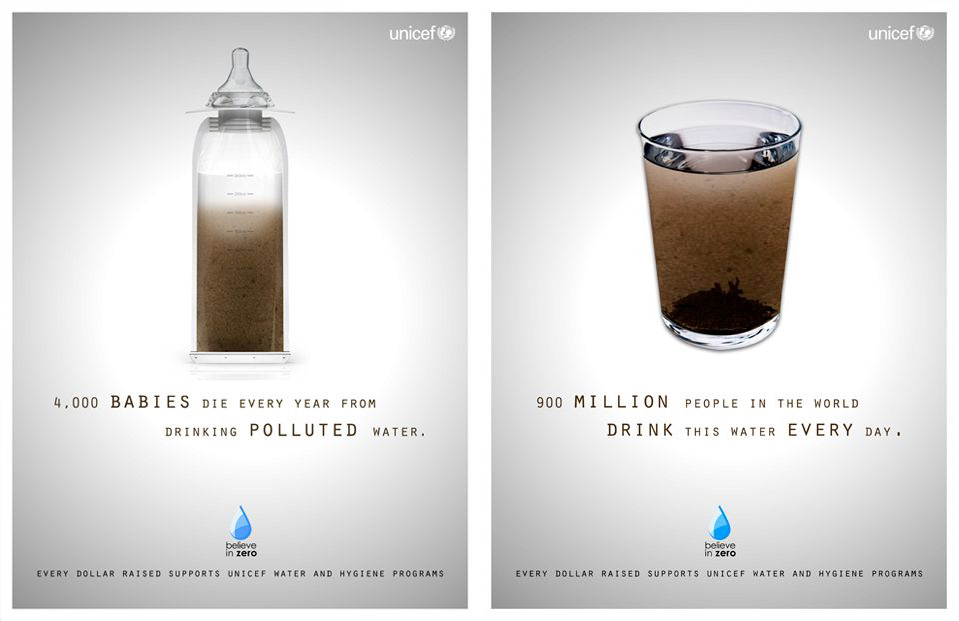Written by: Guy Peires and Robin Baudreau
Empathy – industry buzzword or legitimate key to unlocking the mystery of marketing? Most signs would likely point to both, but the main question should be: how do we keep empathy from becoming only a buzzword in this industry that loves to hammer buzzworthy concepts to death?
We all know what empathy is – at the very basic level, empathy is the ability to understand and share the feelings of another. It"s not only figuring out what matters most to others, but wanting to figure out and understand what matters most to others – and in our industry specifically – consumers. As advertisers, this distinction is important in swaying empathy from "buzzword" to genuine modus operandi.
In July 2019, Reach Solutions and House51 published a white paper called "The Empathy Delusion," a study on empathy and the advertising industry in post-Brexit UK. The paper attempted to either confirm or debunk the long-held idea that the advertising industry is more empathic, emotionally intelligent, and in-tune compared to the rest of the world. Is this actually true or is this something we tell ourselves and our clients to sell our pitches? As it turns out, Reach "discovered that people in ad land unconsciously see, experience and interpret the world differently to large swathes of the U.K. population." While that"s a UK study, one could make the argument that most in ad-land might not actually be as in-tune as with the rest of the world as they should be. And if true, how do we fix it?

Is fixing it even the thing? Being in-tune seems less about ability and more about will. At its best, advertising tells a meaningful story; it sends a message that has the power to change people"s minds and gets them to think different(ly). At its worst, advertising is an attempt to manipulate people into buying stuff they don"t really want or need. Empathy is a tool. And like everything wielded by humans, it"s potential for misuse is limited only by desire.
No one likes getting followed around the internet by a brand they just Googled. Marketing anything in our time is exhausting for brands and consumers alike. To have any shot, a brand has to be everywhere, informing, reminding and reminding again. And it"s increasingly harder to navigate every new platform and technology that enters the game. More than that, we live in a world where we"re constantly and consistently bombarded by social influencers and advertisers telling us who we should be. There is a constant ideal presented to us of how we should look, what we should buy, and how to make ourselves the most "likeable" versions of who we are. Instead of taking the opportunity to tell consumers what they are not****, smart advertisers will use empathy and compassion as an opportunity to tell consumers, "I see who you are, I understand you, and I want to help you be the best you."
This is what the Kworq team means when we speak of consumers" desire to have a relationship with a brand. Buying things is not just about the quid pro quo; it"s about trust. This is a big reason many of us do post-purchase research. Finding out after the fact that what you bought is cheaper elsewhere, not made where it says on the label or produced in a way that doesn"t live up to your values… sucks. It"s like waking up with someone who doesn"t know your name. Not even the greatest return policy can make up for it. You can empathize, right?
Stay tuned for our next post – putting Empathy into Practice (outside the bedroom).


